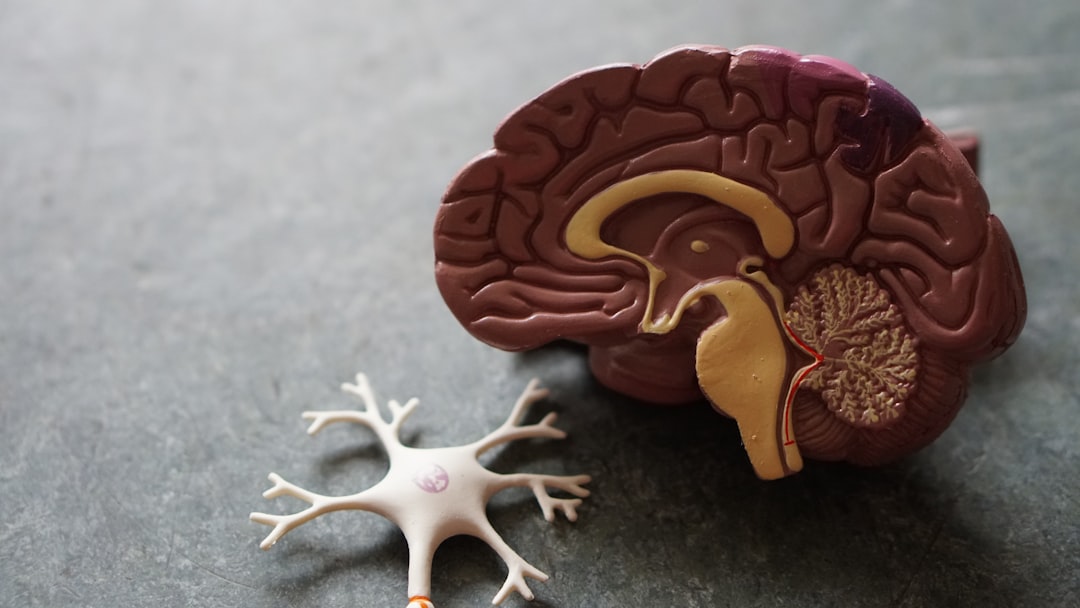What is it about?
The ATP-binding cassette transporter-2 (ABCA2) is a member of a family of multipass transmembrane proteins that use the energy of ATP hydrolysis to transport substrates across membrane bilayers. ABCA2 has also been genetically linked with Alzheimer’s disease but the molecular mechanisms are unknown. In this report, we hypothesized that ABCA2 modulation of sphingolipid metabolism activates a signaling pathway that regulates amyloid precursor protein transcription. We found that ABCA2 overexpression in N2a cells was associated with increased mass of the sphingolipid sphingosine, derived from the catabolism of ceramide. ABCA2 overexpression increased in vitro alkaline and acid ceramidase activity. Sphingosine is a physiological inhibitor of protein kinase C (PKC) activity. Pharmacological inhibition of ceramidase activity or activation PKC activity with 12-myristate 13-acetate (PMA) or diacylglycerol (DAG) decreased endogenous APP mRNA levels in ABCA2 overexpressing cells. Treatment with PMA also decreased the expression of a transfected human APP promoter reporter construct, while treatment with a general PKC inhibitor, GF109203x, increased APP promoter activity. In N2a cells, chromatin immunoprecipitation experiments revealed that a repressive complex forms at the AP-1 site in the human APP promoter, consisting of c-jun, c-jun dimerization protein 2 (JDP2) and HDAC3 and this complex was reduced in ABCA2 overexpressing cells. Activation of the human APP promoter in A2 cells was directed by the upstream stimulatory factors USF-1 and USF-2 that bound to an E-box element in vivo. These findings indicate that ABCA2 overexpression modulates sphingosine levels and regulates transcription of the endogenous APP gene.
Featured Image

Photo by Sigmund on Unsplash
Why is it important?
An understanding of the regulators of amyloid precursor protein (APP), a key molecule implicated in the etiology of Alzheimer's disease will aid in the development of potential therapeutic targets to mitigate the effects of Alzheimer's disease.
Perspectives
ABCA2 has been genetically linked to Alzheimer's disease but the mechanisms of its action on neuronal dysfunction associated with the disease are unknown. Recent studies have implicated the methylation status of the ABCA2 gene with Alzheimer's disease, which suggests that ABCA2 expression levels are an important regulator of mechanisms that promote the disease state. It is important to study further the genetic and biochemical functions of ABCA2 to determine how its activity modulates brain function in normal physiology and disease.
Dr Warren Davis
Medical University of South Carolina
Read the Original
This page is a summary of: The ATP-Binding Cassette Transporter-2 (ABCA2) Overexpression Modulates Sphingosine Levels and Transcription of the Amyloid Precursor Protein (APP) Gene, Current Alzheimer Research, October 2015, Bentham Science Publishers,
DOI: 10.2174/156720501209151019105834.
You can read the full text:
Contributors
The following have contributed to this page










